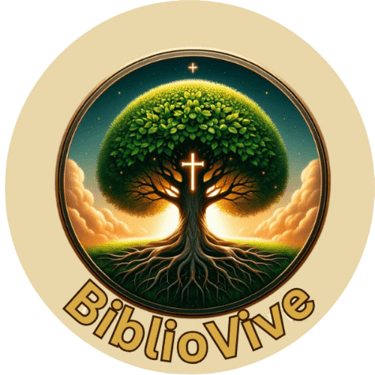English (King James Version - KJV)
John 1:1-15 (KJV)
In the beginning was the Word, and the Word was with God, and the Word was God.
The same was in the beginning with God.
All things were made by him; and without him was not any thing made that was made.
In him was life; and the life was the light of men.
And the light shineth in darkness; and the darkness comprehended it not.
There was a man sent from God, whose name was John.
The same came for a witness, to bear witness of the Light, that all men through him might believe.
He was not that Light, but was sent to bear witness of that Light.
That was the true Light, which lighteth every man that cometh into the world.
He was in the world, and the world was made by him, and the world knew him not.
He came unto his own, and his own received him not.
But as many as received him, to them gave he power to become the sons of God, even to them that believe on his name:
Which were born, not of blood, nor of the will of the flesh, nor of the will of man, but of God.
And the Word was made flesh, and dwelt among us, (and we beheld his glory, the glory as of the only begotten of the Father,) full of grace and truth.
John bare witness of him, and cried, saying, This was he of whom I spake, He that cometh after me is preferred before me: for he was before me.
Analysis and Deep Meaning
Verse 1: "In the beginning was the Word, and the Word was with God, and the Word was God."
"In the beginning": This echoes Genesis 1:1, establishing a connection between the creation narrative and the Word.
"the Word" (Greek: Logos): This term conveys the concept of divine reason, order, and creative power. The Word is identified as both distinct from God (with God) and yet fully divine (was God).
Verse 2: "The same was in the beginning with God."
This reiterates the coexistence and coeternity of the Word with God, emphasizing the Word's divine nature and active role in creation.
Verse 3: "All things were made by him; and without him was not any thing made that was made."
The Word is portrayed as the agent of creation. Everything in existence owes its origin to the Word, underscoring the Word's omnipotence and integral role in creation.
Verse 4: "In him was life; and the life was the light of men."
"Life": The Word is the source of all life.
"Light of men": This introduces the metaphor of light, symbolizing truth, knowledge, and divine revelation.
Verse 5: "And the light shineth in darkness; and the darkness comprehended it not."
"Darkness": Often symbolizes ignorance, evil, and separation from God.
Despite the presence of darkness, the light remains undefeated, highlighting the victory and persistence of divine truth and goodness.
Verses 6-8: The Role of John the Baptist
John the Baptist is introduced as a witness to the light, preparing the way for the Word. His role is to testify and lead others to belief in the light.
Verse 9: "That was the true Light, which lighteth every man that cometh into the world."
"True Light": This refers to the Word, who illuminates every person, offering universal revelation and guidance.
Verses 10-11: Rejection by the World
Despite the Word's presence in the world and the world being made by him, the world fails to recognize and accept him. This speaks to the spiritual blindness and resistance of humanity.
Verses 12-13: Acceptance and Rebirth
Those who do accept and believe in the Word are granted the right to become children of God, signifying a spiritual rebirth that transcends natural or human origins.
Verse 14: "And the Word was made flesh, and dwelt among us, (and we beheld his glory, the glory as of the only begotten of the Father,) full of grace and truth."
"The Word was made flesh": This is the Incarnation, where the divine Word takes on human nature.
"Dwelt among us": This implies living among humanity, establishing a personal and relational presence.
"Full of grace and truth": These qualities epitomize the nature and mission of the Word made flesh.
Verse 15: John the Baptist's Testimony
John the Baptist bears witness to the preeminence of the Word, acknowledging the eternal existence and superiority of the Word.
Conclusion
John 1:1-15 presents a profound theological foundation for understanding Jesus Christ as the divine Word, coeternal with God, the agent of creation, the source of life and light, and the incarnate revelation of God's grace and truth. The passage emphasizes the contrast between acceptance and rejection of the Word, the transformative power of belief, and the fulfillment of divine promises through the incarnation. It invites readers to recognize and respond to the divine light that has entered the world.
